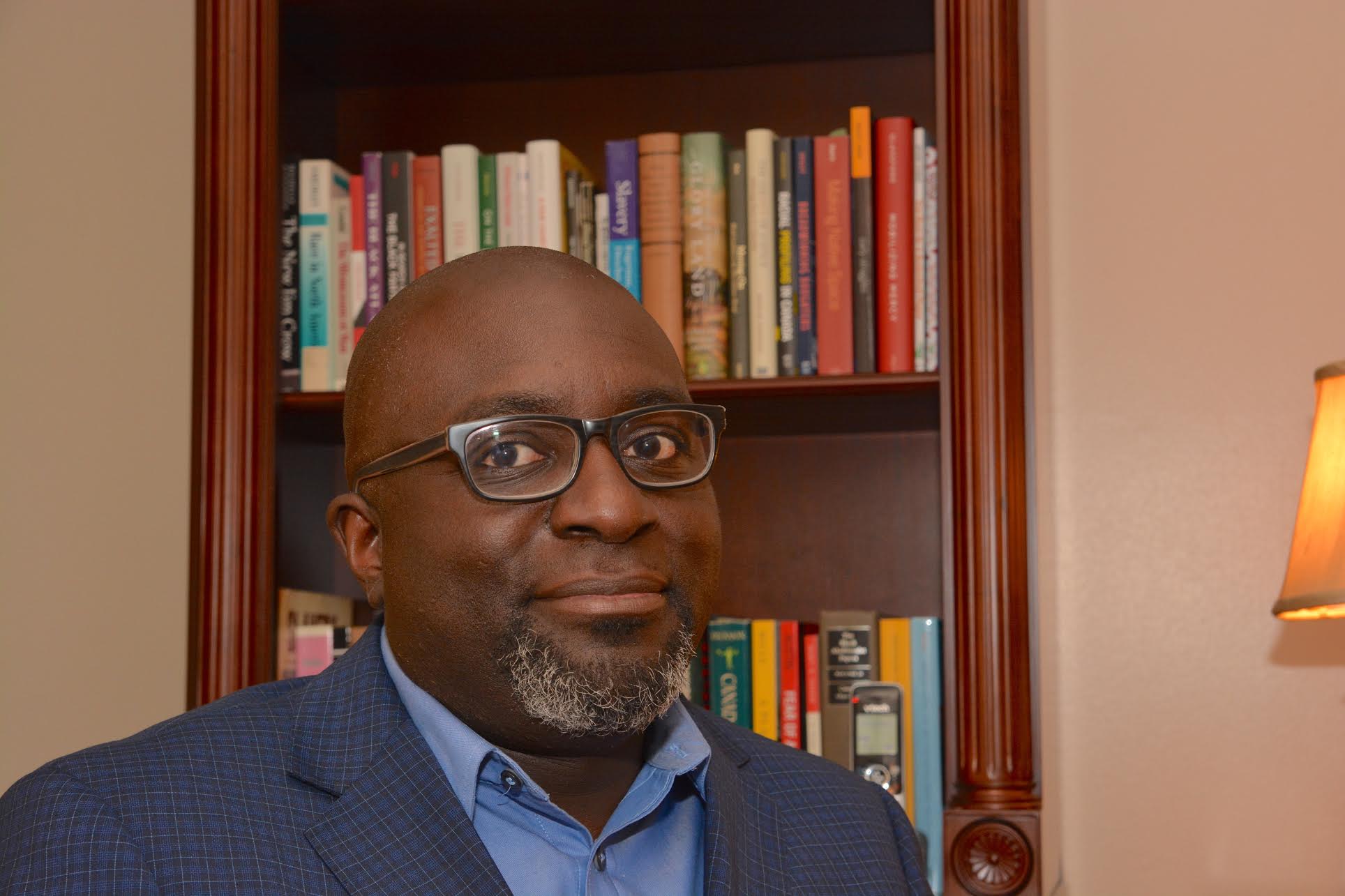
Caribbean Migrants to Canada, Domestic Violence and the Federal Court
This paper is a work in progress and part of my ongoing research on the experiences of Black people in Canada and their encounters with the ‘racial state’ over time. This particular presentation focuses on the cases of two twenty first century Caribbean migrants who made refugee claims based on the domestic violence that they suffered in their countries of origin and the Canadian state’s response. This presentation will touch on the legal considerations, arguments, and bodies of law that shaped these cases. It will also pay attention to the role of legal officials. For this particular talk, however, we will pay equal attention to making sense of these stories by carefully considering the broad historical contexts that shaped them. Among these are long histories of Blackness in Canada, anti-Black racism, resistance, gender, migration, refugee policies and humanitarianism.